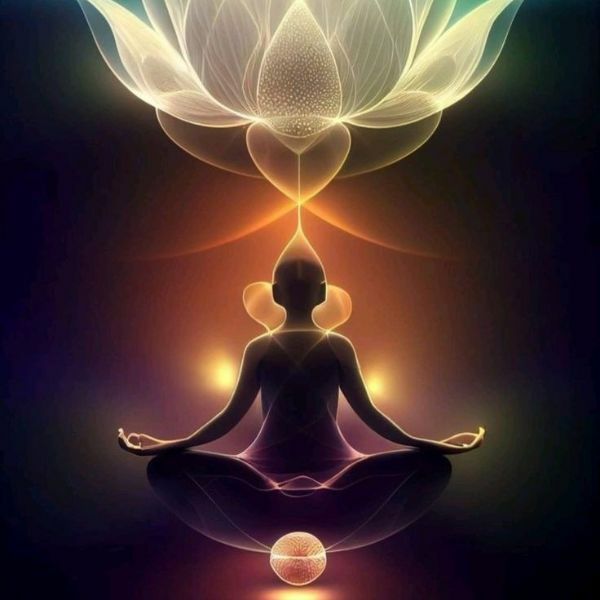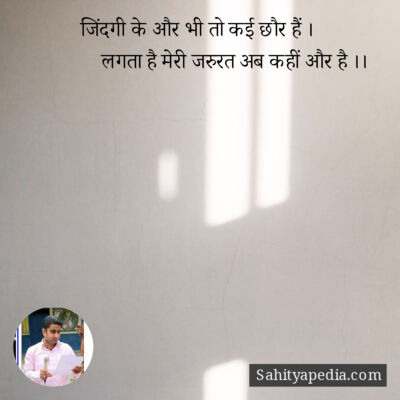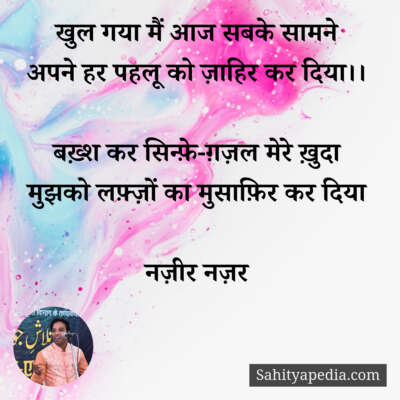The Philosophy of Self and the Eternal Bondage of Selflessness of the Soul

The nature of the self and its relationship with the soul has been a central question in philosophy, spirituality, and psychology for centuries. From ancient metaphysical discourses to modern existential debates, the self is often viewed as the nucleus of human identity, action, and awareness. Paradoxically, many philosophical traditions suggest that true liberation lies not in glorifying the self, but in transcending it—embracing selflessness as the ultimate realisation of the soul’s purpose.
The Self: An Illusion or Reality?
The concept of the self is multilayered and complex. In Western philosophy, thinkers like Descartes famously declared, “Cogito, ergo sum” (I think, therefore I am), affirming the self as a thinking entity. This perspective fosters individualism, emphasizing the self as autonomous and central to existence.
In contrast, Eastern philosophies, particularly those rooted in Hinduism and Buddhism, often regard the self as an illusion (maya). The ego, or the constructed self, is seen as a product of worldly attachments and desires. The Atman (soul) in Hinduism, while distinct from the egoic self, represents the eternal, unchanging essence of an individual, which is ultimately one with the divine (Brahman). Similarly, Buddhism speaks of anatta (non-self), rejecting the notion of a permanent, unchanging self and advocating for the dissolution of ego to achieve enlightenment.
Selflessness and the Soul’s Bondage
Selflessness, often romanticized as altruism, is deeply spiritual in its essence. It transcends mere acts of kindness, aiming to dissolve the ego and align with universal consciousness. However, this selflessness is not without challenges. Many traditions describe it as an “eternal bondage”—not because it is restrictive, but because it requires continuous surrender of one’s ego and desires.
The Paradox of Selflessness
Selflessness appears to be a paradox: how can the self, which inherently desires to protect and perpetuate itself, willingly dissolve? This tension lies at the heart of spiritual growth. The ego resists its own dissolution, clinging to identity, possessions, and pride. Yet, selflessness demands a deeper understanding of the soul’s infinite nature, which is beyond individualistic concerns.
Eternal Bondage: A Path to Liberation
The term “eternal bondage” in this context refers to the soul’s enduring commitment to transcendence. This bondage is not a limitation but a necessary tether to higher consciousness. It compels the individual to:
1. Detach from the Material World: By relinquishing the attachment to transient desires, one can focus on spiritual evolution.
2. Embrace Unity: Selflessness reveals the interconnectedness of all beings, dissolving the illusion of separateness.
3. Seek True Freedom: Paradoxically, freedom is found not in self-assertion but in self-surrender. The soul, when freed from the shackles of ego, realizes its boundless nature.
Philosophical Implications
The philosophy of selflessness challenges the modern emphasis on individualism and personal achievement. It urges humanity to shift its focus from “self-fulfillment” to “universal harmony.” This perspective aligns with the teachings of saints, sages, and philosophers who advocate for service, compassion, and humility as paths to higher consciousness.
Therefore , the eternal bondage of selflessness is both a challenge and a liberation. It requires individuals to transcend the egoistic self, embrace the interconnected nature of existence, and align with the soul’s higher purpose. While the self may appear to be the center of existence, it is ultimately a veil over the true essence of the soul. By embracing selflessness, one can transform this bondage into a bridge to eternal freedom, revealing the infinite, divine nature of existence.





























